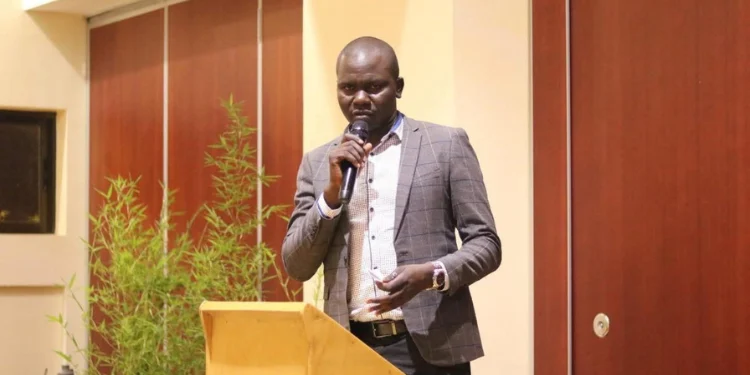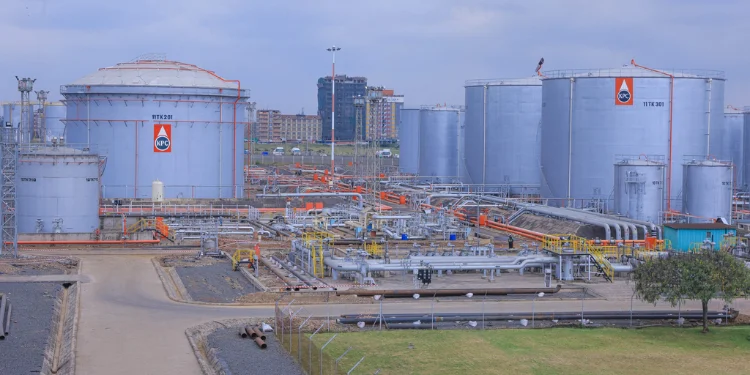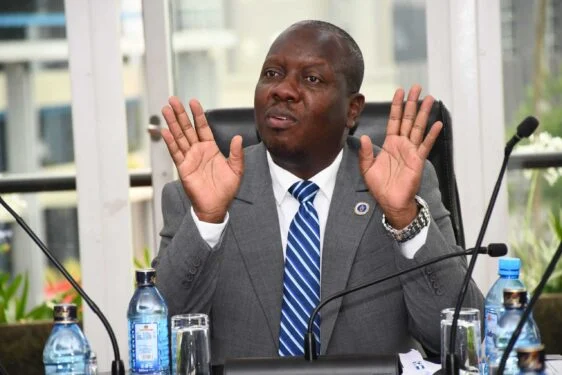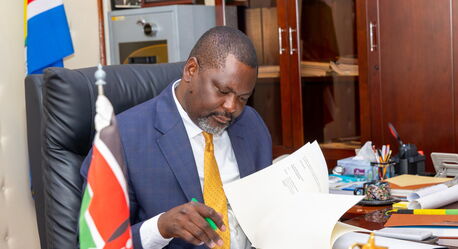An unprecedented fiscal crisis is unfolding: Kenyan counties and national ministries are reeling as a staggering Sh467.8 billion—funds already approved in this year’s budget—remains undisbursed, threatening to collapse development plans across the nation.
Auditor General Nancy Gathungu, in a startling disclosure to the National Assembly, revealed that delayed fund releases have pushed underfunding to a five-year high. In the 2023/24 financial year alone, 11% of the national budget, earmarked for development, never made it to the ground—far exceeding previous shortfalls.
Last year’s withheld total was Sh377.4 billion, while the year before it stood at Sh256.4 billion. This accelerating trend is now severely imperiling critical public projects.This fiscal strangulation is not a one-off.
Gathungu singled out persistent delays in disbursements—especially of donor funds and crucial counterpart funding—as catalysts behind collapsing development plans. Ministries, departments, agencies, and regional governments alike are now scrambling amid mounting pressure.
Data from the audit paints a grim panorama: essential projects are grinding to a halt, contracts are stalled, and construction sites lie dormant. Schools, hospitals, infrastructure upgrades—once engines of progress—are now frozen under the weight of absent funding.
This moment marks more than administrative failure; it is a narrative of “broken promises.” Citizens across counties are feeling the pinch—schools without ceilings, roads unpaved, clinics without equipment, and development visions evaporating overnight.
The implications are profound. As county leaders appeal for immediate intervention and the Executive faces heat over stalled delivery, the Auditor General’s report acts as a wake-up call.
Without radical corrective action to unblock stalled disbursements, Kenya risks derailing years of development trajectory—pushing progress off track when the country can ill afford it.













Leave a Reply